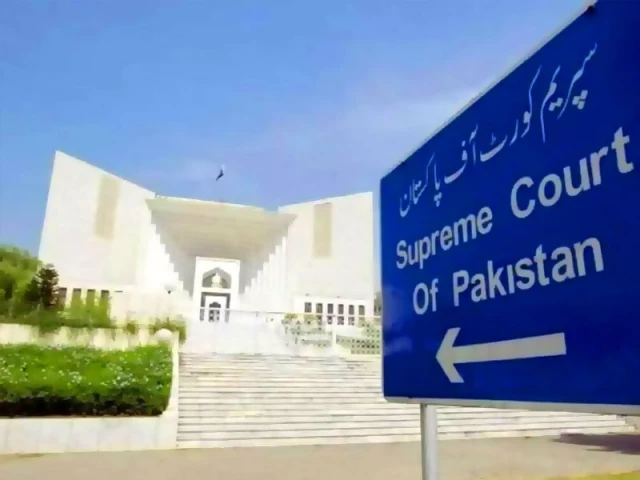Islamabad:
The Supreme Court ruled that the transfers of judges to the Superior Court of Islamabad are valid and are in line with the Constitution, dismissing the requests that challenged a notification of February 2025 ordering transfers.
In a detailed sentence of 55 pages, Judge Muhammad Ali Mazhar, author of the decision, explained that transferring a judge from one superior court to another does not equal a new appointment. The role and state of the judge remain unchanged, despite the change of location. “A transfer is simply a reallocation of an existing resource,” the ruling said.
The Court also clarified that the process to transfer to the judges under article 200 of the Constitution operates regardless of the rules that govern the appointments under article 175a.
It was also observed that the necessary steps, including consultation with the president of the Supreme Court of Pakistan and the main judges of the respective higher courts, were followed as required by the Constitution.
The petitioners, including five IHC judges and several lawyer associations, argued that transfers would undermine judicial independence and antiquity. They challenged the legality of transferring three judges of the provincial higher courts to the IHC.
However, the Supreme Court rejected these statements, reinforcing that transfers were completely constitutional and legally processed, emphasizing that they were not new appointments, but simply a reallocation of duties.
The sentence also stated that the President has the constitutional authority to transfer to the judges of the Superior Court, and this power is separated and different from other provisions in the Constitution.
In addition, the Court indicated that the Law of the Superior Court of Islamabad of 2010 does not restrict such transfers, and in this case no violation of the provincial representation occurred.
This decision establishes a clear precedent that judicial transfers, when properly processed, do not threaten the integrity or independence of the Judiciary.




